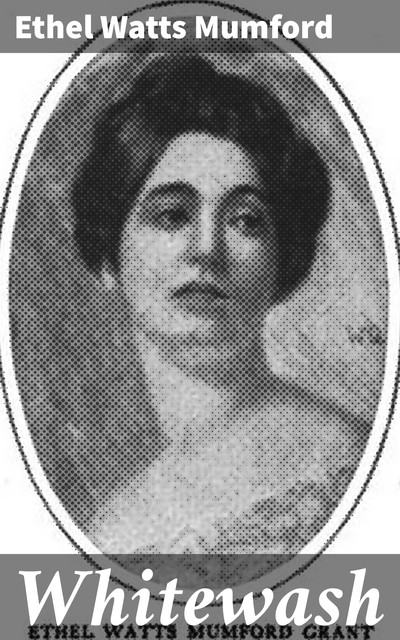Мы используем файлы куки, чтобы Bookmate и наши рекомендации работали лучше.
Подробнее на странице Политика Cookies
Подробнее на странице Политика Cookies
Принять все Cookies
Выбрать cookies
Ethel Watts Mumford's “Whitewash” is a compelling exploration of societal facades and the hidden truths that lie beneath their surface. Written in the early 20th century, this novel utilizes a blend of vivid imagery and rich character development to examine themes of identity, deception, and moral complexity. Mumford's literary style is marked by a keen psychological insight, delving into the motivations of her characters as they navigate the treacherous waters of self-representation and social expectation. Set against the backdrop of a rapidly changing America, the narrative challenges readers to scrutinize the 'whitewash' that obscures reality in everyday life. Ethel Watts Mumford, an influential figure in early American literature, often drew inspiration from her own experiences in a society grappling with shifting gender roles and the quest for authenticity. As a writer and a social commentator, her works embody a progressive spirit that resonates with the struggles faced by women and marginalized voices in her time. Mumford's keen observations of the human condition illuminate the conflicts between individual desires and societal pressures, providing a rich context for the themes explored in “Whitewash.” For readers who appreciate literature that resonates with contemporary social issues, Mumford's “Whitewash” is an essential and thought-provoking read. It invites reflection on the ways in which personal and public personas interact, making it a significant contribution to discussions of identity and authenticity. This novel not only captivates with its engaging narrative but also extends a timeless challenge to confront the truths hidden behind societal conventions.
больше
202 бумажные страницы
- Правообладатель
- Bookwire
- Дата публикации оригинала
- 2020
- Год выхода издания
- 2020
- Издательство
- Good Press
Уже прочитали? Что скажете?
👍👎
fb2epub
Перетащите файлы сюда,
не более 5 за один раз


